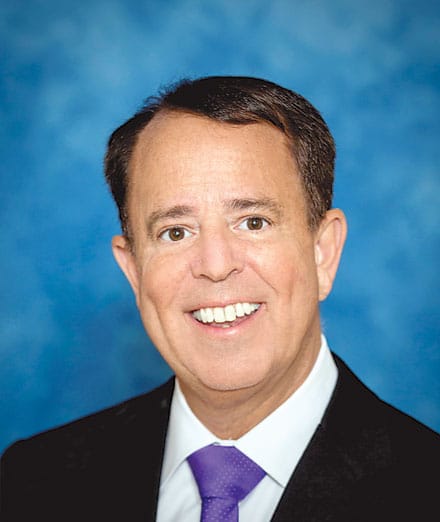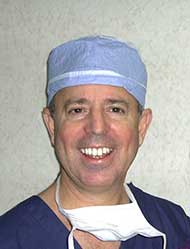
Tall tales about cataract surgery
Tall Tale: My cataract has to be “ripe” before I can have surgery
Truth: Cataracts do not have to reach a particular maturity level. The right time to inquire about cataract surgery is when you notice problems with your vision. Most people need surgery when the cataract interferes with their vision for work, play and other daily tasks.
Tall Tale: You have to lie flat on your back for 24 hours after cataract surgery
Truth: You do not have to lie flat. You may sleep in any way that makes you comfortable as long as you keep the patch over your eye the first night after surgery.
Tall Tale: You can’t bend over after surgery
Truth: Bending over to do common household tasks is usually not a problem after surgery. You should avoid lifting heavy objects (more than 25 pounds), swimming and eye rubbing for one week after surgery.
Tall Tale: I will have sutures in my eye after cataract surgery
Truth: No sutures are generally used for cataract surgery. The incision is so small that it heals without sutures.
Tall Tale: You get a shot in your eye during cataract surgery
Truth: No shots are given in the eye during cataract surgery. Most surgeries are performed with topical anesthesia and light (“twilight”) sedation. In some cases, after anesthesia is administered, an anesthesiologist will inject numbing medication in the area surrounding your eye in order to make your eye unable to see or move during the procedure.
Tall Tale: Cataract surgery hurts
Truth: You should not experience pain during cataract surgery. A few hours after surgery, you may notice mild scratchiness or soreness that is relieved by taking an over the counter medicine such as Tylenol or Advil.
Tall Tale: I will be put completely to sleep during cataract surgery
Truth: In most cases, general anesthesia is not required. On the day of surgery, you will meet with an anesthesiologist to discuss what type of anesthesia will be best for you. Most people receive light anesthesia through an IV, as well as topical anesthesia, to relax and feel more comfortable.
Tall Tale: My vision insurance will cover the cost of cataract surgery
Truth: Your medical insurance covers the cost of cataract surgery. Cataract surgery is not covered under your vision insurance policy. We check with your medical insurance to make sure surgery is covered before proceeding.
If your vision is bothersome contact an Ophthalmologist.
Visit CarlinVision.com for more information.





